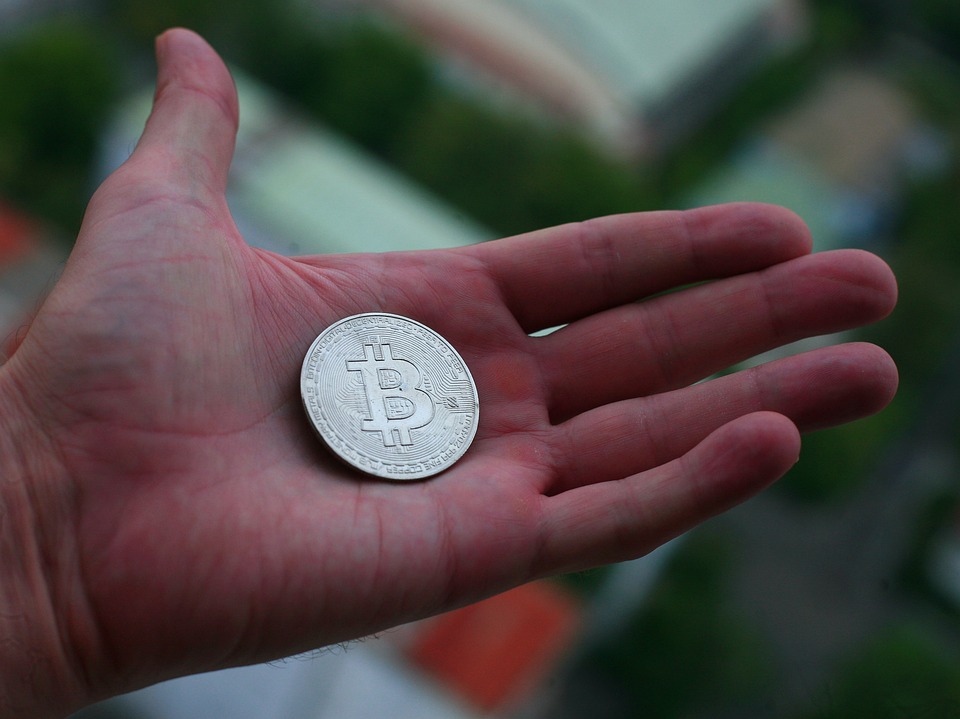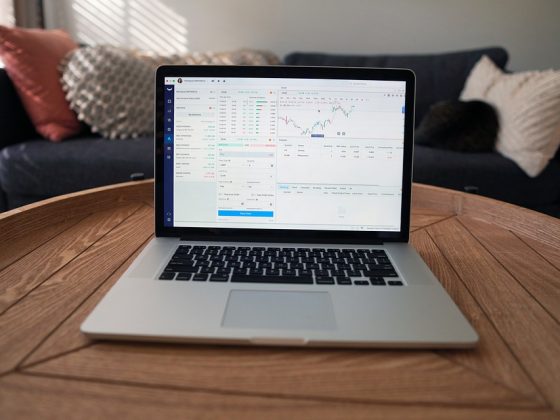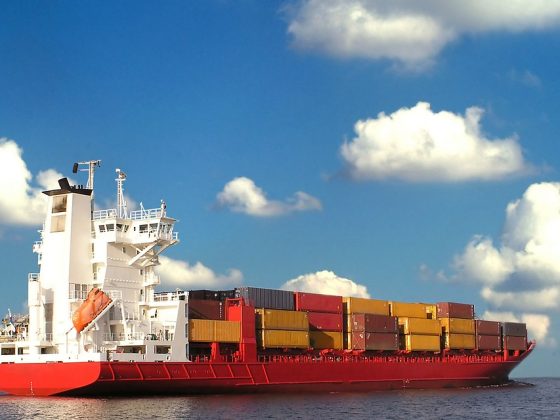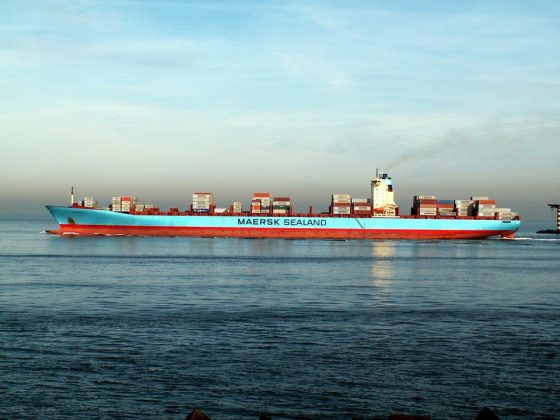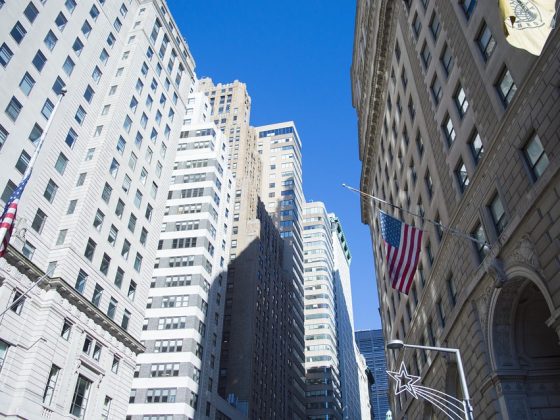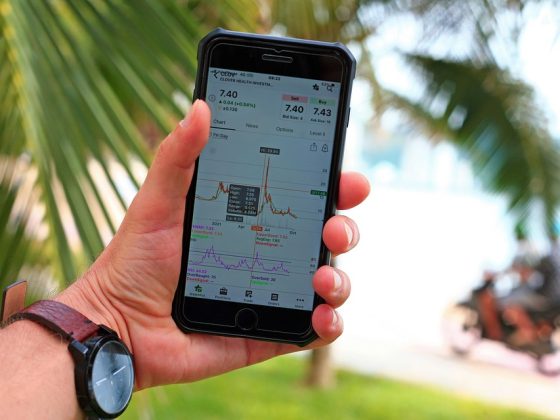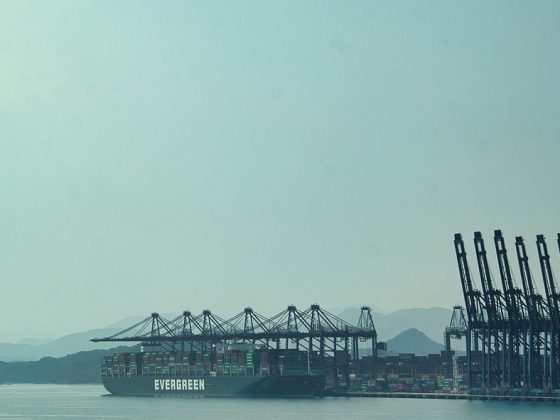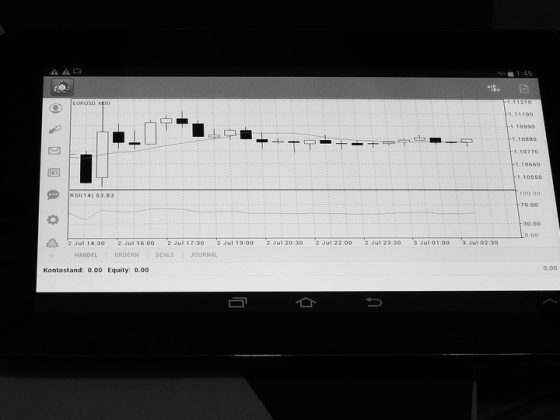In the ever-evolving world of trading economics, experts are constantly seeking to understand and predict the future of the market. With advances in technology and changes in global politics and economics, the landscape of trading is constantly shifting. In this article, we will explore some expert insights on the future of trading economics.
One of the key trends that experts are predicting for the future of trading economics is the continued rise of automated trading. With the development of algorithms and artificial intelligence, trading has become increasingly automated in recent years. This trend is expected to continue, with more and more trades being executed by computers rather than humans. This can have both positive and negative implications for the market. On one hand, automated trading can increase efficiency and reduce the risk of human error. On the other hand, it can also lead to increased volatility and create new risks in the market.
Another important trend that experts are watching closely is the impact of global politics and economics on trading economics. With the rise of populism and nationalism in many countries, trade agreements and international relations are becoming increasingly uncertain. This uncertainty can lead to increased volatility in the market and make it more difficult for traders to predict and respond to changes in the global economy. Experts are closely monitoring developments in trade relations between countries such as the United States and China, as well as the impact of Brexit on the European economy.
One of the key challenges facing traders in the future is the increasing complexity of financial markets. With the rise of new financial instruments and trading strategies, it can be difficult for traders to keep up with the latest trends and developments in the market. Experts recommend that traders focus on developing their skills and staying informed about changes in the market in order to be successful in the future.
In addition to these trends, experts are also exploring the potential impact of new technologies on trading economics. Blockchain technology, for example, has the potential to revolutionize the way that trades are executed and settled. By using blockchain technology, trades can be executed quickly and securely without the need for intermediaries. This can reduce costs and increase efficiency in the market. Experts are also watching developments in artificial intelligence and machine learning, which have the potential to provide traders with valuable insights and help them make more informed decisions.
As trading economics continues to evolve, it is important for traders to stay informed and adapt to changes in the market. By leveraging new technologies, staying informed about global politics and economics, and developing their skills, traders can position themselves for success in the future.
FAQs:
Q: What are some of the key trends in trading economics?
A: Some key trends in trading economics include the rise of automated trading, the impact of global politics and economics on the market, and the increasing complexity of financial markets.
Q: How can traders adapt to changes in the market?
A: Traders can adapt to changes in the market by staying informed about new technologies and developments, developing their skills, and staying informed about global politics and economics.
Q: What are some potential risks and challenges facing traders in the future?
A: Some potential risks and challenges facing traders in the future include increased volatility due to automated trading, uncertainty in global politics and economics, and the complexity of financial markets.
Q: How can traders leverage new technologies to be successful in the future?
A: Traders can leverage new technologies such as blockchain and artificial intelligence to execute trades quickly and securely, gain valuable insights, and make more informed decisions.

